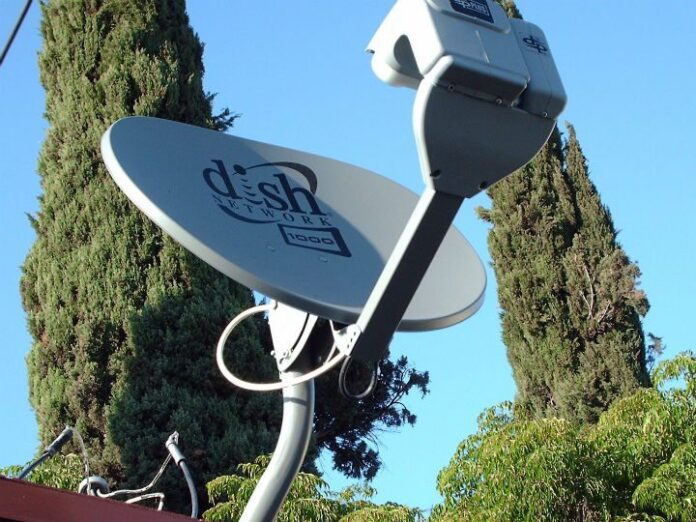Dish pushing to pick-up Boost Mobile if regulators approve Sprint/T-Mobile deal
Looking to get the go ahead from federal regulators to merge, Sprint and T-Mobile US have agreed that T-Mo will divest its prepaid MVNO Boost Mobile. Amazon is rumored to be a potential buyer, according to Reuters. Now the Wall Street Journal is reporting that Dish Network, which is promising to build out an NB-IoT and 5G network, could be interested in picking up assets put up for grabs if the merger goes through.
Dish Chairman Charlie Ergen has been opposed to the $26.5 million deal since the get-go and recently met on June 11 with U.S. Federal Communications Commission Chairman Ajit Pai and Makan Delrahim and Andrew Finch of the U.S. Department of Justice’s Antitrust Division. According to a notice of ex parte presentation, Dish “discussed its opposition to the proposed merger of Sprint and T-Mobile as currently constructed…Dish explained the need for a minimum of four nationwide mobile network operators (MNOs). Dish also discussed the impact of the proposed merger on DISH’s market entry and its wireless buildout plans.”
Dish has accumulated significant spectrum holdings, which the FCC has warned it needs to either put to work by March 2020 or lose. The satellite TV provider, moving to enter the wireless market, has announced it will spend $10 billion on a nationwide 5G network, preceded by building an NB-IoT network.
Speaking in April at an event hosted by the Competitive Carriers Association, Ergen said the NB-IoT build has started. He said, “5G is not ready for us to build out today,” going on to add that “we kind of have one tied behind our back” because DISH’s spectrum holdings include 45 megahertz of downlink spectrum but only 5 megahertz of uplink spectrum that is clear, and the rest isn’t expected to be cleared until July of 2020 — when its 600 MHz spectrum should be available for uplink purposes. But the company is working on the NB-IoT build-out currently, based on its available spectrum resources, to meet its FCC deadline.
“That is not enough to sustain the kind of capital investment we’ve made in spectrum,” he continued. “It is unlikely that we will get a return on $20-something-plus billion dollar worth of spectrum. … We’re more excited about Phase 2, because Phase 2, we think we can make a difference in … virtually every industry, in virtually everybody’s lives, and we get to attack some of the problems from climate change to health care to education. All those things need 5G as an engine.”
Analyst Craig Moffett of Moffett Nathanson examined Dish’s case in light of shareholder expectations the company would sell off spectrum. “For obvious reasons, one couldn’t prop up Dish as the fourth competitor in the market without safeguards that would prevent Dish from then exiting by selling to one of the remaining three players shortly thereafter.”
Walk Piecyk from BTIG asked why T-Mobile would want to enable a fourth market competitor following consolidation with Sprint. “At some point T-Mobile’s owner, Deutsche Telekom, might simply prefer to continue to compute against a weakened Sprint that create something stronger that is centered around Dish or a cable operator.”
Click here for more on Amazon’s potential interest in assets from the merger, and some background on the assets that come out of the pending merger.

